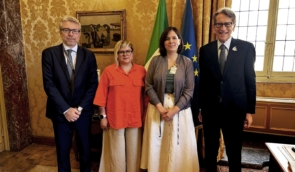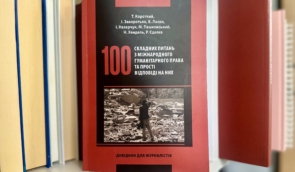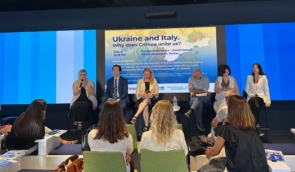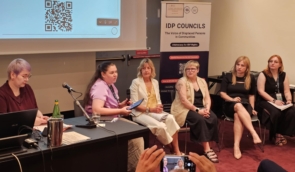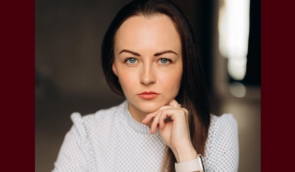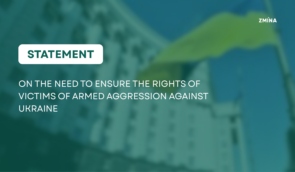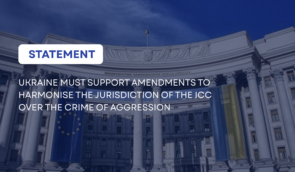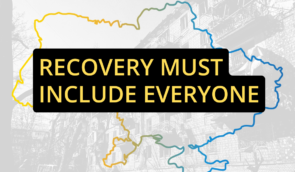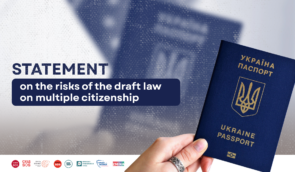Inaugural forum of Crimea Platform Expert Network held in Kyiv
On August 6, Kyiv hosted the inaugural forum of the Crimea Platform Expert Network, an expert component of a new international site to promote the de-occupation of Crimea. The event brought together Ukrainian and foreign experts, representatives of non-governmental organizations and think tanks around the situation on the peninsula.
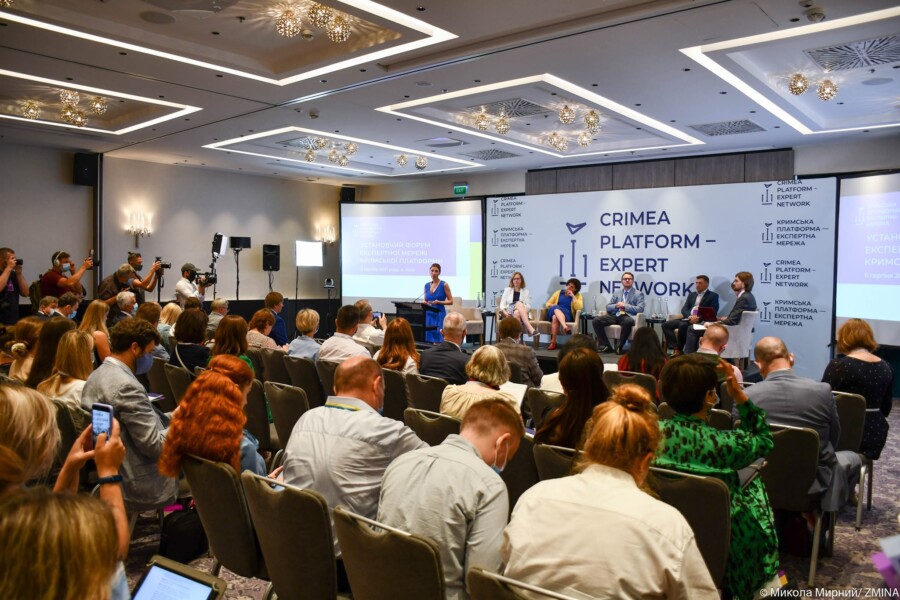
“The expert dimension of the Crimea Platform is, perhaps, the most important dimension of the new initiative, in particular, due to its extraordinary potential for the state,” said First Deputy Minister of Foreign Affairs of Ukraine Emine Dzheppar.
The first panel of the forum, which brought together representatives of almost all dimensions of the Crimea Platform, showed unanimous support for the need for synergy of efforts at all levels.
Thus, Permanent Representative of the President of Ukraine to the Autonomous Republic of Crimea Anton Korynevych cited the example of successful cooperation of non-governmental organizations and law enforcement agencies in communication with the Office of the Prosecutor of the International Criminal Court, emphasizing that de-occupation and reintegration of Crimea are possible only if the efforts of the state and the expert community are consolidated.
In turn, British Ambassador to Ukraine Melinda Simmons noted that the international community needs professional information and recommendations to understand how to continue to put pressure on Russia, noting the crucial role of the Expert Network in this process.
U.S. Chargé d’Affaires Kristina Kvien added that statements condemning Russia’s actions alone were not enough. It is necessary to bring the violator to justice, which requires collective efforts. Both diplomats reaffirmed their states’ non-recognition of the illegal attempted annexation of Crimea and expressed strong support for the activity of the Crimea Platform.
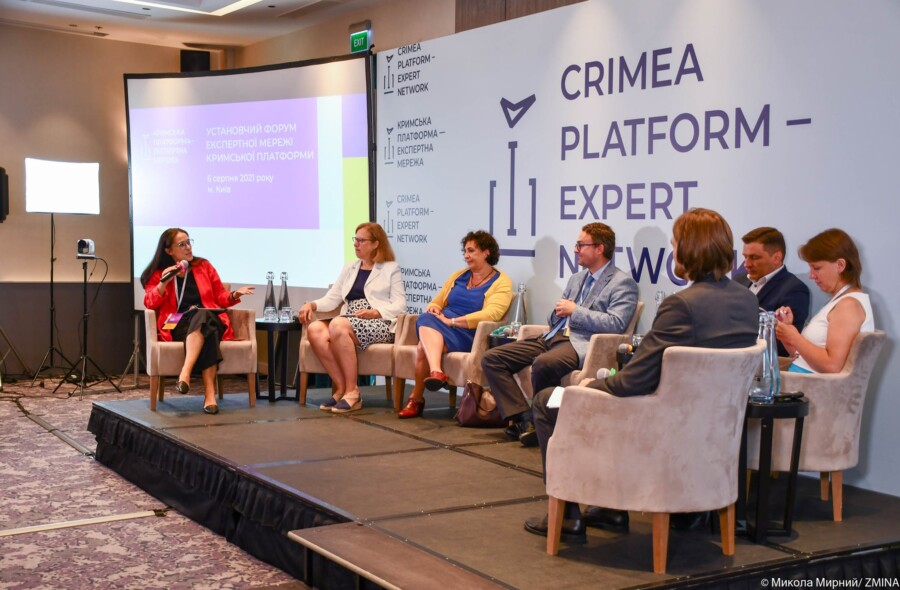
Viktor Liakh, President of the East Europe Foundation, which will support the Expert Network’s research projects, stressed the need for high-quality analytical researches of the situation on the peninsula and their importance for political decision-making.
The Crimea Platform Expert Network was also presented within the framework of the first panel. Yulia Kazdobina, Expert Network member, highlighted the values and areas of the Network’s activity and presented the updated membership of thematic working groups. Thus, the Expert Network groups will work in the following areas: policy of non-recognition and sanctions, security, protection of human rights, economy and ecology, cultural heritage of Crimea, etc.
Dmytro Koval, Expert Network member, also underscored the important role of the Ministry of Foreign Affairs of Ukraine in facilitating the activity of the Expert Network. In particular, he presented a Memorandum of Cooperation between the Expert Network and the Ministry. The document defines the principles of cooperation between the parties, the mechanisms for the Ministry’s interaction with the Expert Network and specific cooperation mechanisms. Emphasizing the independence of the Network from the governmental dimension of the Crimea Platform, he concluded that it was systematic cooperation between the dimensions that would help achieve the ultimate goal of the Crimea Platform.
The second panel of the forum covered the thematic activity of the Expert Network. The experts outlined the tasks and recommendations of each of the thematic groups. In particular, a group on human rights and international humanitarian law, joined by ZMINA, was presented.
Currently, the group consists of 12 NGOs, think tanks, and individual experts. Olha Kuryshko, Deputy Chair of the Board of Crimea SOS, presented the components of the group’s expertise: informing about violations of human rights and international humanitarian law; monitoring, documenting, and verifying violations of human rights; protecting rights, freedoms, and interests of people deprived of their liberty for political reasons, IDPs, relatives of victims of enforced disappearances and others.
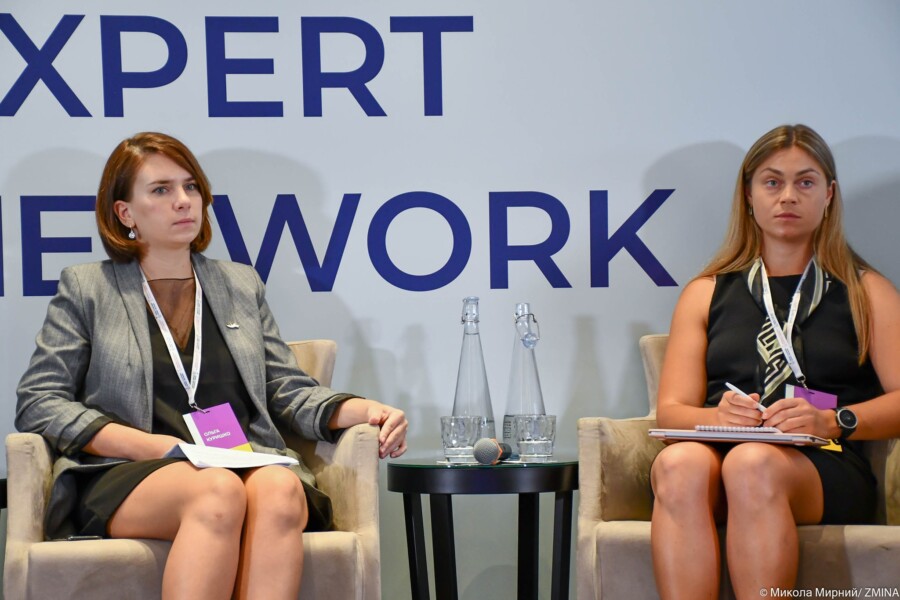 Olha Kuryshko and Maria Tomak
Olha Kuryshko and Maria TomakIn addition, Maria Tomak, Coordinator of the Media Initiative for Human Rights, identified the main recommendations of the group to the Government of Ukraine and international partners regarding Crimea. In particular, the Ukrainian authorities need to pass a law on the legal and social protection of Kremlin’s prisoners, to systematically monitor and document violations of human rights and international humanitarian law, to investigate human rights violations, and to impose efficient sanctions.
Within the framework of the third panel, international experts discussed the topic of the de-occupation of Crimea in the international media landscape. Melinda Haring, Deputy Director of the Atlantic Council’s Eurasia Center, recommended promoting the topic of Crimea in the foreign media through the stories of specific people affected by the occupation rather than through the prism of geopolitics; introducing the position of press attaché in the structure of the Ministry of Foreign Affairs of Ukraine to work with the media and societies of certain regions to counter the Kremlin’s narratives and more.
Sławomir Dębski, Director of the Polish Institute of International Affairs, underscored the importance of promoting a policy of non-recognition of occupation within the country as the active stance of Ukrainian society is a prerequisite for the active stance of the international community.
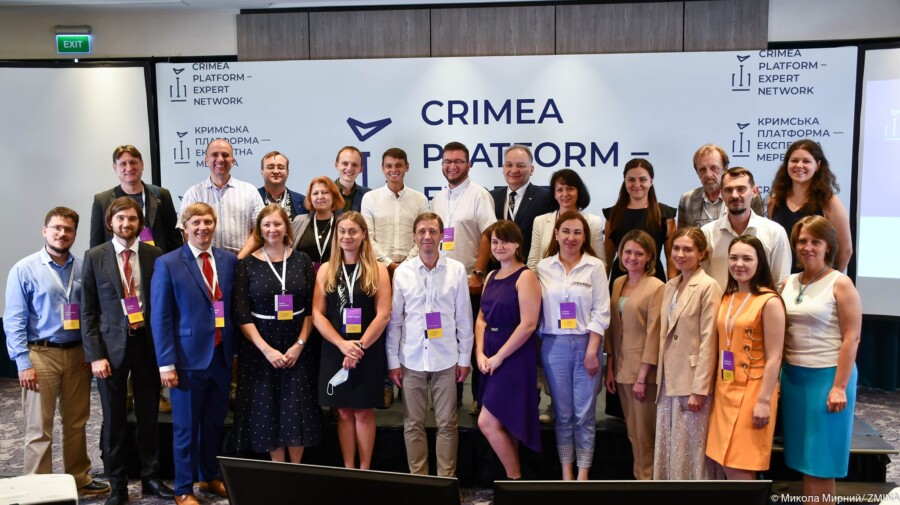
In the opinion of Yaroslava Yudina, international advocacy manager at ZMINA, the success of the inaugural forum of the Crimea Platform Expert Network and the active participation of representatives of the international expert community showed that the topic of Crimea has not lost its relevance for the international audience.
“First, international partners reaffirmed their unwavering commitment to the non-recognition of illegal attempted annexation and strong support for the new initiative to de-occupy the peninsula. Second, the unprecedented multidimensional format of the Crimea Platform proves its effectiveness: the number of foreign experts in the Expert Network is constantly growing. It is this multidimensional format, in which the Expert Network will play a leading role, that should ensure the necessary synergy of efforts to achieve the common goal: to restore Ukraine’s sovereignty over Crimea,” Yudina said.
See more pictures in the photo album, watch video from the inaugural forum
If you have found a spelling error, please, notify us by selecting that text and pressing Ctrl+Enter.

